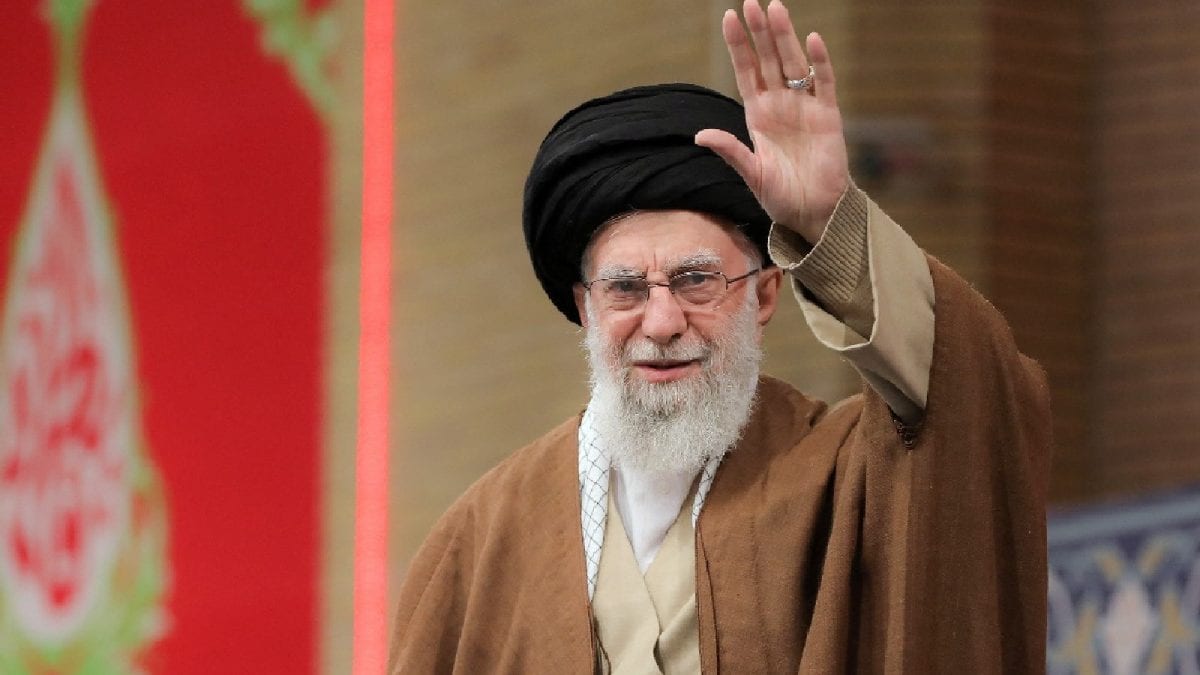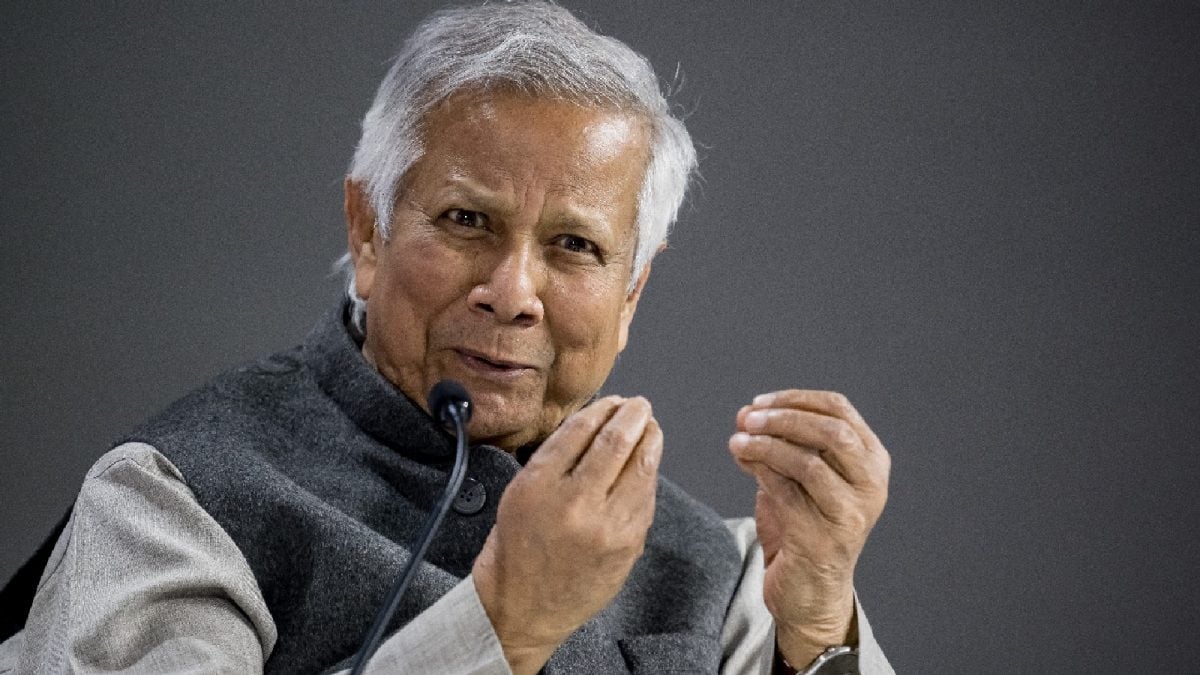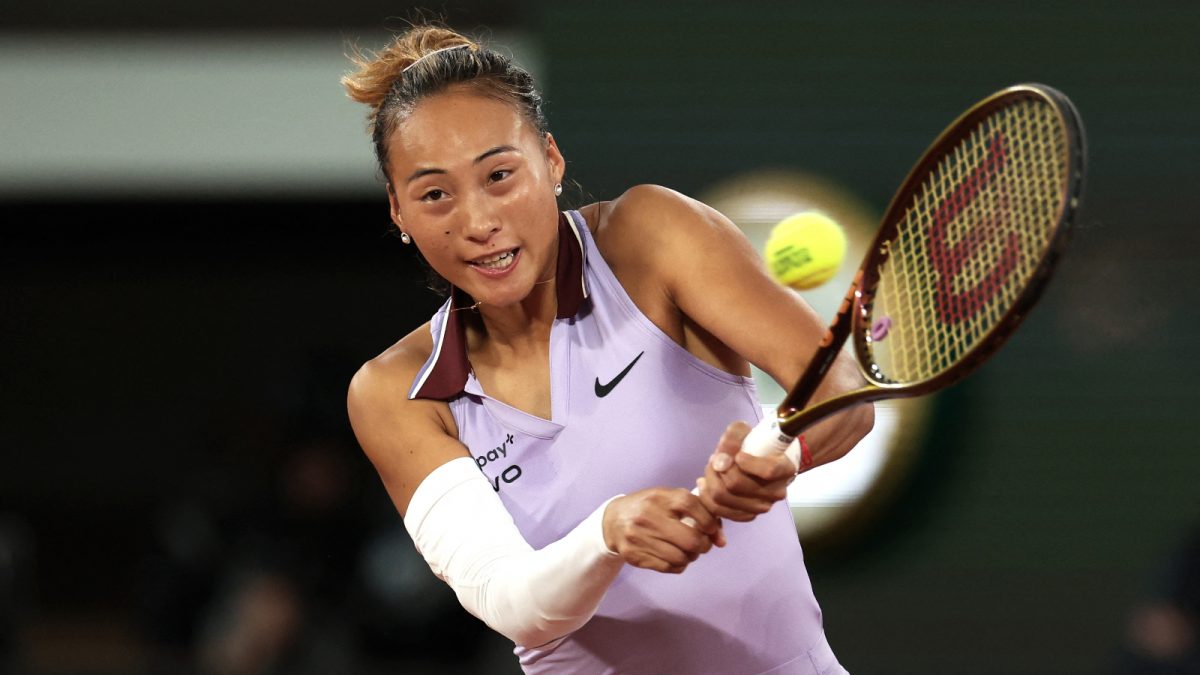ARTICLE AD BOX
Last Updated:June 01, 2025, 08:00 IST
While nurses form the backbone of healthcare systems worldwide, studies show they continue to be underappreciated

Vibha Salaliya from Gujarat and Sukhpal Kaur from Chandigarh next to nurse Naomi from Ghana (third from right) at Aster Guardians Global Nursing Award. Pic/News18
It was an emotional moment, not just for Naomi from Ghana, but for the entire nursing profession. A moment of long-overdue recognition for a profession too often viewed as merely supportive, rather than a central pillar of healthcare.
Last week, the fourth edition of the Aster Guardians Global Nursing Award honoured nurses who have gone beyond their defined roles, pushing boundaries to bring deeper meaning and impact to their work.
“I used to come home every 15 days just to see my newborn daughter," Naomi recalls. “My one-year-old daughter wouldn’t come to me—she didn’t recognise me as much as she did her grandparents or my husband. It broke my heart. But I had no choice. I had to leave her again and go back to my job."
Even now, she says with a bittersweet smile, “While my family and children are my biggest cheerleaders, they still gently complain, ‘Mummy, you’re never here with us’."

While receiving the award, Naomi dedicated the trophy to her patients and her family. In a conversation with News18, she elaborated on why these two groups mean everything to her.
Known fully as Naomi Oyoe Ohene Oti of Korle-Bu Teaching Hospital, Ghana, she is a nationally and internationally recognised oncology nurse leader. Over the years, Naomi has earned several accolades for her contributions to cancer care, research, and education across Africa.
She played a vital role in establishing Ghana’s formal oncology nurse training programme, which has already trained over 60 oncology nurse specialists and 10 breast care nurses.
Naomi also serves on the Education and Training Committee of the African Organisation for Research and Training in Cancer (AORTIC). She has helped shape cancer nursing policy across Africa and mentored over 48 nurses from different African nations. She won the Aster award after being shortlisted from over 100,000 entries across 199 countries. The final selection was made by an expert jury and a grand jury panel and independently moderated by Ernst & Young LLP.
Two finalists from India
The list of top 10 finalists included two Indian nurses: Dr Sukhpal Kaur from Chandigarh and Vibha Salaliya from Gujarat.
A trailblazer in evidence-based community care, Dr Kaur has spent over three decades pioneering nurse-led innovations—from cancer support apps to rural home-care protocols—bringing research-driven healthcare to India’s most underserved communities, whereas Salaliya, a Florence Nightingale Awardee, is transforming mental healthcare in Gujarat with her peer support volunteer model, helping thousands of patients become caregivers and reshaping recovery through innovation and dignity.
While Aster stands out for its global reach and substantial monetary prize, there are a few other international awards also recognising nursing excellence, including the Florence Nightingale Medal (ICRC), the Queen Silvia Nursing Award, and the Christiane Reimann Prize.
No journey is without pain and sacrifices
“I can’t forget the face of a young patient with breast cancer. Her chemotherapy had stopped working, and she was in tremendous pain. I knew radiotherapy could have been the next option, but it wasn’t widely available at the time. Maybe that’s why the doctor didn’t suggest it," Naomi recalls. “That case changed me. I felt like I needed to do something."
Many more, like her, lost their lives. But every loss only deepened Naomi’s resolve to improve systems and save those who still had a fighting chance.
“I started advocating for better patient outcomes. I believe every patient deserves quality care. If we empower nurses, who are capable and committed, they become valuable resources for doctors. We can help share their burden and improve treatment outcomes," she says.
The challenges in cancer care are manifold: late detection, low health insurance coverage, costly treatments, and the lack of availability of certain therapies in Ghana.
“When I started, we had no standard operating procedures—no structured protocols on how to treat patients or manage their side effects. Now, we’ve built those systems," Naomi explains.
She gives a stark example: “Take febrile neutropenia, a condition in cancer care where a patient’s immune system crashes, making them vulnerable to infections. It’s a medical emergency. If not treated within five hours, it could be fatal. Nurses who are trained and knowledgeable can save lives, just like doctors. Sometimes even more so, because we spend more time with the patient."
She warns that in the absence of adequate training, nurses may misdiagnose such conditions. “If they are not aware, they might mistake febrile neutropenia for malaria. That’s deadly, especially in countries like mine."
With the $250,000 prize money from the Aster Award, Naomi plans to further strengthen oncology nursing across Africa. “I want to develop core competencies in cancer care and harmonise oncology nursing education and training across the continent. We’re also working on standards to support that mission."
She is equally passionate about integrating genetic counselling and artificial intelligence into healthcare. “If we don’t adopt change, the change will change us. AI and machine learning are fascinating. Even if not used directly in treatment, they can help streamline training, education, and even administrative tasks."
Currently, Ghana is just beginning to tap into such technologies.
“In some countries, nurses are empowered to help bridge the gap caused by doctor shortages. They are even allowed to prescribe medications within certain boundaries. Ghana is introducing a specialist programme for nurses. Patients are happy about it—they find it easier to talk to nurses. And trained nurses can offer faster emergency care and support doctors in critical decision-making," Naomi says.
Nurses: Respected in practice, yet under-recognised
Naomi’s story reflects a broader reality. While nurses form the backbone of healthcare systems worldwide, studies show they continue to be underappreciated. According to a Canadian survey, over 50% of nurses felt their managers showed little concern for their well-being. The lack of perceived respect was strongly linked to emotional exhaustion and job dissatisfaction.
Another study, done in Texas, revealed that 75% of nurses experienced violence or verbal abuse in the past year, often stemming from systemic understaffing and a lack of respect. In fact, in Ghana, research showed that over half of nurses had suffered verbal abuse, and 12% faced sexual harassment. These conditions severely affected their mental health and morale.
(The writer was invited by Aster DM Healthcare to Dubai to attend and cover the Aster Guardians Global Nursing Award ceremony.)

Himani Chandna, Associate Editor at CNN News18, specialises in healthcare and pharmaceuticals. With firsthand insights into India's COVID-19 battle, she brings a seasoned perspective. She is particularly pass...Read More
Himani Chandna, Associate Editor at CNN News18, specialises in healthcare and pharmaceuticals. With firsthand insights into India's COVID-19 battle, she brings a seasoned perspective. She is particularly pass...
Read More
- First Published:
News world ‘Mummy, You’re Never Here With Us’: How Ghana’s Naomi Is Rewriting Story Of Cancer Care In Africa



.png)
.png)
.png)
















 1 day ago
5
1 day ago
5









 English (US) ·
English (US) ·